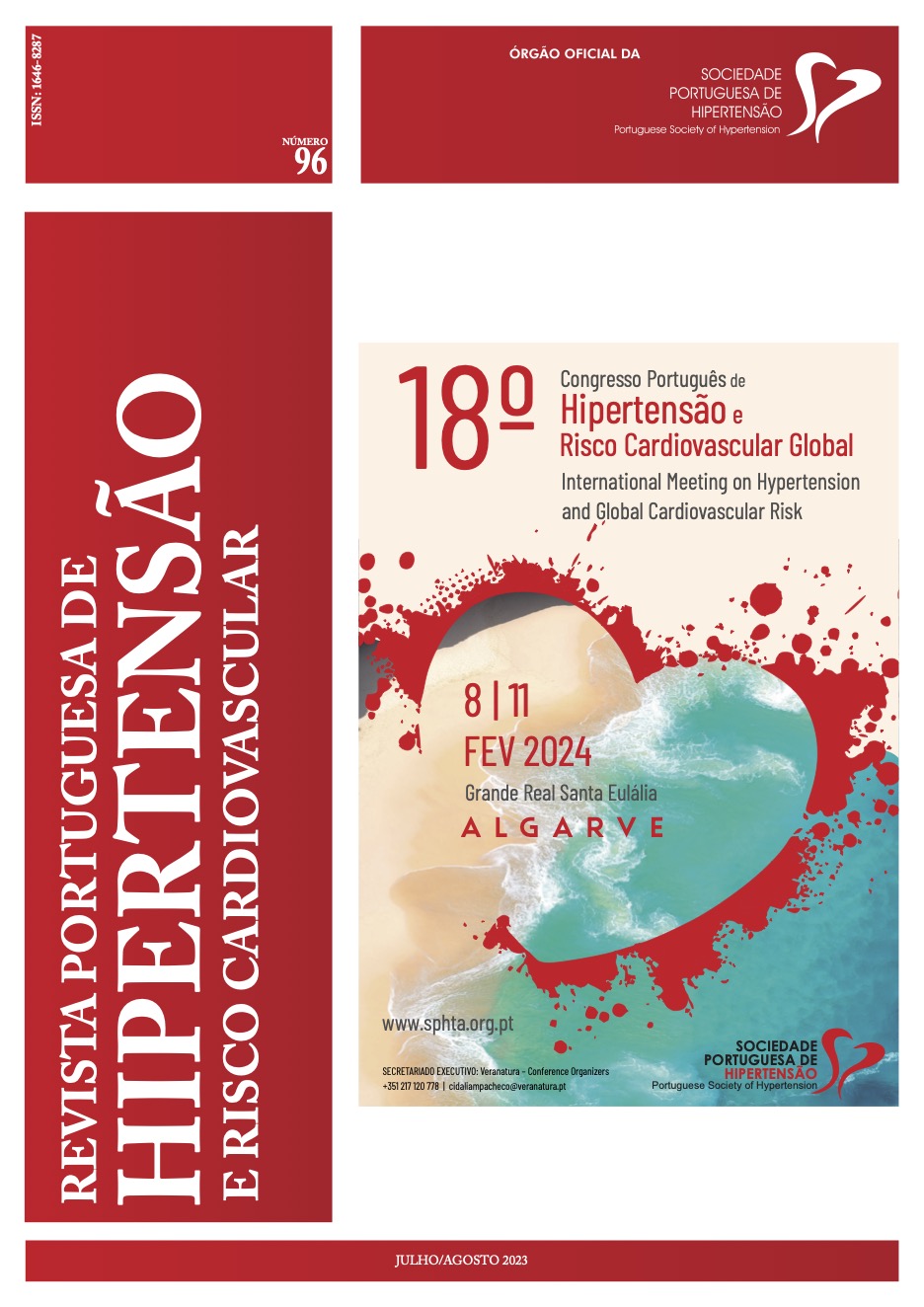A VERY “FAMILIAR” HEART PAIN
DOI:
https://doi.org/10.58043/rphrc.97Keywords:
Familial hypercholesterolemia, acute myocardial infarction, early diagnosisAbstract
Introduction: Familial hypercholesterolemia (FH) is one of the most common autosomal-dominant genetic disorder, characterized by elevations of low-density lipoprotein cholesterol (LDL-C), constituting a major factor in the development and progression of premature atherosclerotic disease.
Case Report: We describe the case of a 33-year-old female who attended the medical center with chief complaint of pressure-type chest pain, that lasted about 36 h, this radiating to the neck. The patient has been followed up at this medical center since 2021, with a personal medical history of dyslipidemia and primary infertility (in hospital follow-up). On physical examination, cardiac pain was suspected, this being the reason why the patient was referred to the hospital emergency department. As a result of this referral, the patient remained in the observation.
Multiple complementary diagnostic tests were performed and due to the changes found in the Electrocardiogram (ECG) and in the high sensitivity troponin assay (hsTNI), the diagnosis of acute myocardial infarction without ST-segment elevation was assumed. Subsequently, the patient was transferred to the Cardiology Service where she underwent the analytical study, Echocardiogram and Coronarography. As result, was identified an subocclusion of the circumflex artery and an angioplasty with placement of a drug- stent was performed.
At discharge, the diagnosis of familial hypercholesterolemia has been assumed and a few days later, the request for treatment of this patient with inhibitors Proprotein convertase subtilisin/kexin type 9 (iPCSK9) was approved. Our patient is already undergoing the prescribed therapy, while awaiting for genetic tests for the study of FH.
Discussion: FH is an underdiagnosed and undertreated disease. Early recognition and institution of treatment substantially reduces the risk of premature atherosclerotic disease and major adverse cardiovascular events. Our case describes a FH that manifested as premature ischemic heart disease in a patient diagnosed with dyslipidemia, but without doing a specific treatment.
Downloads
References
Homozygous Familial Hypercholesterolemia: Diagnosis and Emerging Therapies, American College of Cardiology.
Familial Hypercholesterolemia Cardiol Clin. 2015 May .
Homozygous Familial Hypercholesterolemia: Diagnosis and Emerging Therapies (Charles German, MD, American College of Cardiology).
Benn M,Watts GF,Tybjaerg-Hansen A,et al.Familial hypercholesterolemia in the Danish general population: prevalence, coronary artery disease, and cholesterol- lowering medication. J Clin Endocrinol Metab. 2012 Nov;97(11):3956–64. [PubMed] [Google Scholar].
Sjouke B, Kusters D, Kindt I, et al. Homozygous autosomal dominant hypercholesterolaemia in the Netherlands: prevalence, genotype–phenotype relationship, and clinical outcome. Eur Heart J. 2014 Feb 28; doi: 10.1093/eurheartj/ehu058. [PubMed] [CrossRef ] [Google Scholar].
Alonso R, Mata P, Zambón D, Mata N, Fuentes-Jiménez F. Early diagnosis and treatment of familial hypercholesterolemia: improving patient outcomes. Expert Rev Cardiovasc Ther 2013;11:327-42.
Bilen O, Pokharel Y, Ballantyne CM. Genetic testing in hyperlipidemia. Cardiol Clin 2015;33:267-75.
Bouhairie VE, Goldberg AC. Familial hypercholesterolemia. Cardiol Clin 2015;33:169-79.
Gidding SS, Champagne MA, De Ferranti SD, et al. The agenda for familial hypercholesterolemia: a scientific statement from the American Heart Association. Circulation 2015;132:2167-92.
Familial Hypercholesterolemia: Cardiovascular Risk Stratification and Clinical Management Jun 01, 2020 | Jeffrey Kolominsky, MD; Ravi Choxi, DO; Mahmoud Al Rifai, MD, MPH; Jaideep Patel, MD, FACC; Michael D. Shapiro, DO, FACC.
Hovingh GK, Raal FJ, Dent R, et al. Long-term safety, tolerability, and efficacy of evolocumab in patients with heterozygous familial hypercholesterolemia. J Clin Lipidol 2017;11:1448-57.
Downloads
Published
How to Cite
Issue
Section
License
Copyright (c) 2023 Victoria Ciubotaru, Rita Lourenço, Luís Pinto

This work is licensed under a Creative Commons Attribution 4.0 International License.




